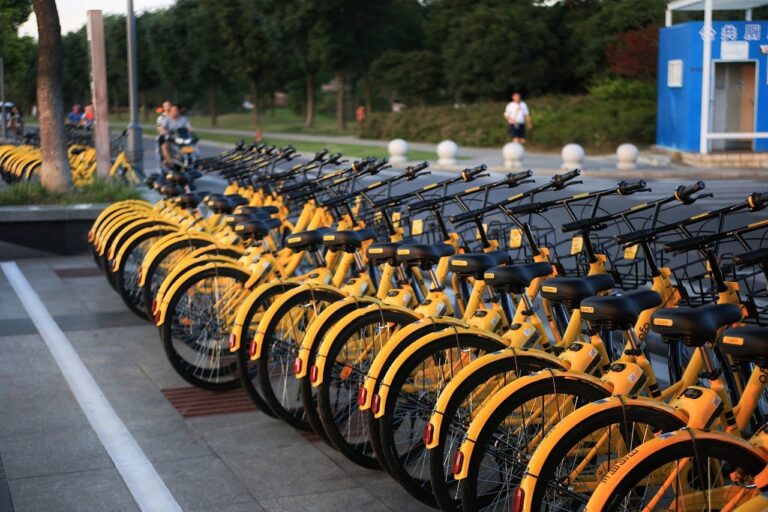Collaborative economy is a recently born and still developing economic model that embraces very different initiatives and projects. From digital platforms where goods and services are offered to cohousing spaces.
This economic model, in fact, emphasises the concept of sharing and using a good rather than its purchase and exclusive use. This offers multiple advantages, not only economic and social but also environmental.
Let’s find out all about the collaborative economy to learn more about this increasingly widespread economic model.
Table of Contents
Collaborative economy: definition
In reality, there is no single definition of the collaborative economy also referred to as the “shared economy” or “sharing economy”. This economic model has only emerged in recent years and is constantly evolving.
As of today, however, it is possible to try to delimit the perimeter of this economic system by defining it as a model in which people share or make use of underused goods, services and information without purchasing them.
Origins and evolutions of collaborative economy
The concepts of sharing and lending goods have always been rooted in human beings. But the creation of an economic model that puts them at the centre has only recently developed.
The advent of the Internet combined with the potential of using big data, greater awareness of the environmental impact of one’s consumption habits and the economic crises that have followed have, in fact, highlighted the potential inherent in a system based on sharing.
Today, the collaborative economy includes extremely heterogeneous initiatives ranging from the sharing of goods and services through digital platforms to coworking or cohousing.
Advantages of collaborative economy
The collaborative economy has many advantages that have favoured its rapid and widespread diffusion.
Among the benefits that individuals can gain from the collaborative economy are:
- possibility of making money from under-utilised assets, e.g. it is possible to rent a house during the period when one is not using it;
- ease of access to and possibility of using goods that one could not buy due to their too high price;
- possibility of implementing conscious consumption models aimed at reducing the environmental impact of one’s lifestyle;
- money saving, renting a good for a certain period of time or sharing it is certainly less expensive than buying it or having exclusive use of it;
- job opportunities, this economic model has created new job opportunities both directly and indirectly. For example, the growth of Airbnb has led to hundreds of hirings worldwide by this reality and at the same time the demand for property managers to manage the operational aspects of rentals on behalf of individuals has grown.
For companies embracing sustainability, the advantages of the collaborative economy are translate into:
- possibility of defining and implementing new business models;
- savings in running costs. The charges to be paid to maintain or innovate software are lower than those for, for example, personnel or the use of business premises;
- access to thousands of user data that can allow increasingly precise profiling. In this way, it is possible to intercept and predict users’ needs.
Examples of collaborative economy
Examples are manifold and cover different sectors.
In the field of transport, realities such as Blablacar or Uber allow people to share cars. Airbnb has revolutionised the entire tourism sector in many respects within a very few years.
Good examples are the various transport sharing services, be it scooters, e-bikes, cars or traditional bikes.
There are also realities that allow selling or exchanging clothing or any second-hand product, such as eBay, indicated by some studies as the forerunner of the collaborative economy, or Vinted.
Read also: What are “ecovillages”, an increasingly popular way for sustainable living












